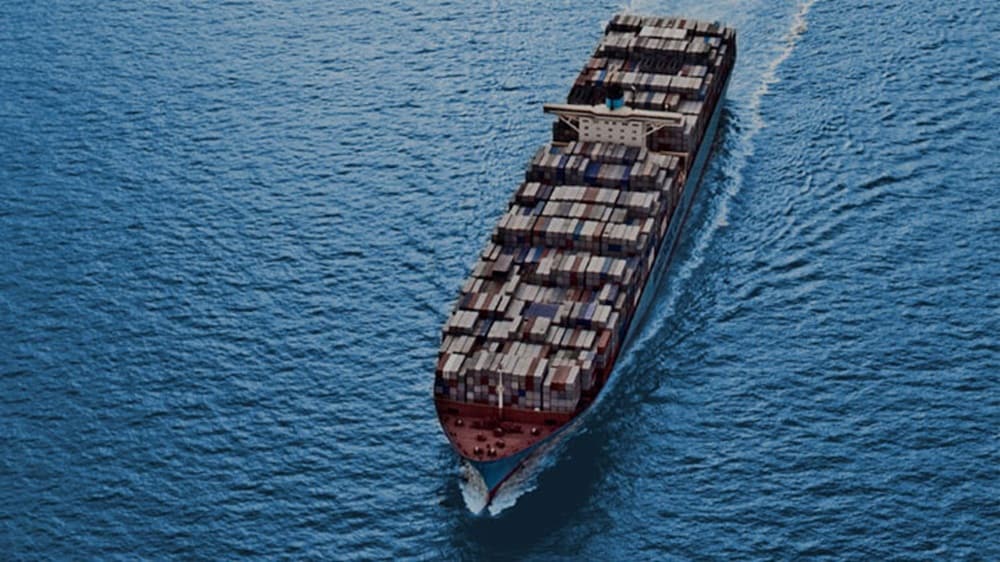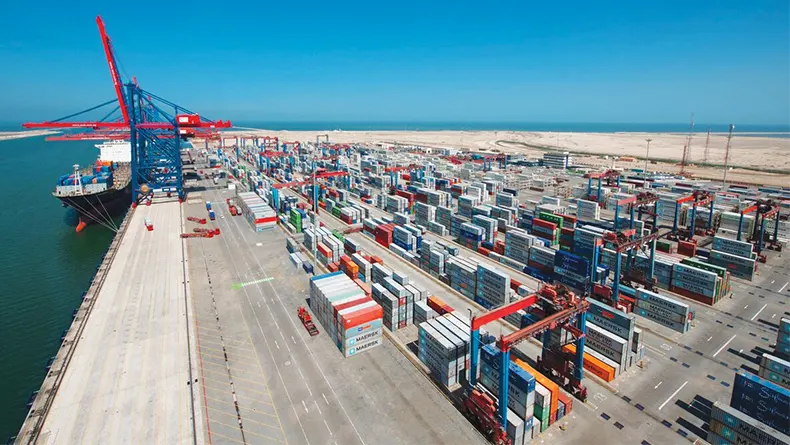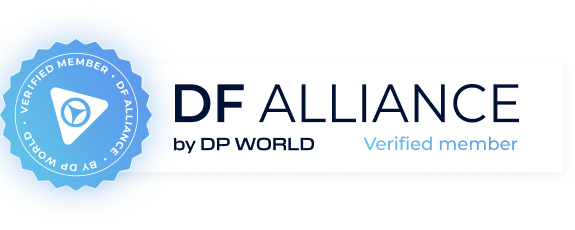Connecting Guinea across Africa and beyond
As a prominent Guinean shipping provider, we draw upon our vast network and in-depth market knowledge to facilitate frictionless cargo movement. Our proficiency encompasses the export of Guinea’s valuable resources – bauxite, iron ore, diamonds, and agricultural products – to markets across Africa and the globe.
We understand Guinea’s strategic role as a nexus for vital imports, channeling the flow of essential equipment, raw materials, and consumer goods from around the world. Limark Guinea guarantees the dependable distribution of these imports nationwide, ensuring their smooth assimilation into the Guinean economy.

Import regulations
Importing goods to Guinea requires navigating specific procedures and documentation. Here’s a breakdown of the essential requirements:
Export regulations
Importing goods to Guinea requires navigating specific procedures and documentation. Here’s a breakdown of the essential requirements:

Expertise You Can Trust
Seamless cross-border shipping to and from Guinea
Navigating Guinea’s trade landscape as it evolves can be challenging. Failure to comply with regulations can result in costly delays and penalties. However, with Limark, you can simplify your Guinean shipments. Our extensive expertise in cross-border logistics, combined with our deep knowledge of the local industry, assures you of seamless and compliant cargo movement from origin to final destination.
We understand that timely and predictable shipping is essential for your Guinean operations. Limark delivers reliability you can count on, backed by a proven on-time delivery record in Guinea. Our streamlined processes, strategic partnerships, and meticulous planning can help translate into cost savings for your business. Get in touch with us today and experience the Limark advantage in the Guinean trade.
Get Expert Guidance
Contact our regional experts
Partner with experienced freight forwarders and customs brokers for seamless shipping to and from Guinea. Ensure full documentation compliance with the guidance and logistics services of our team.









